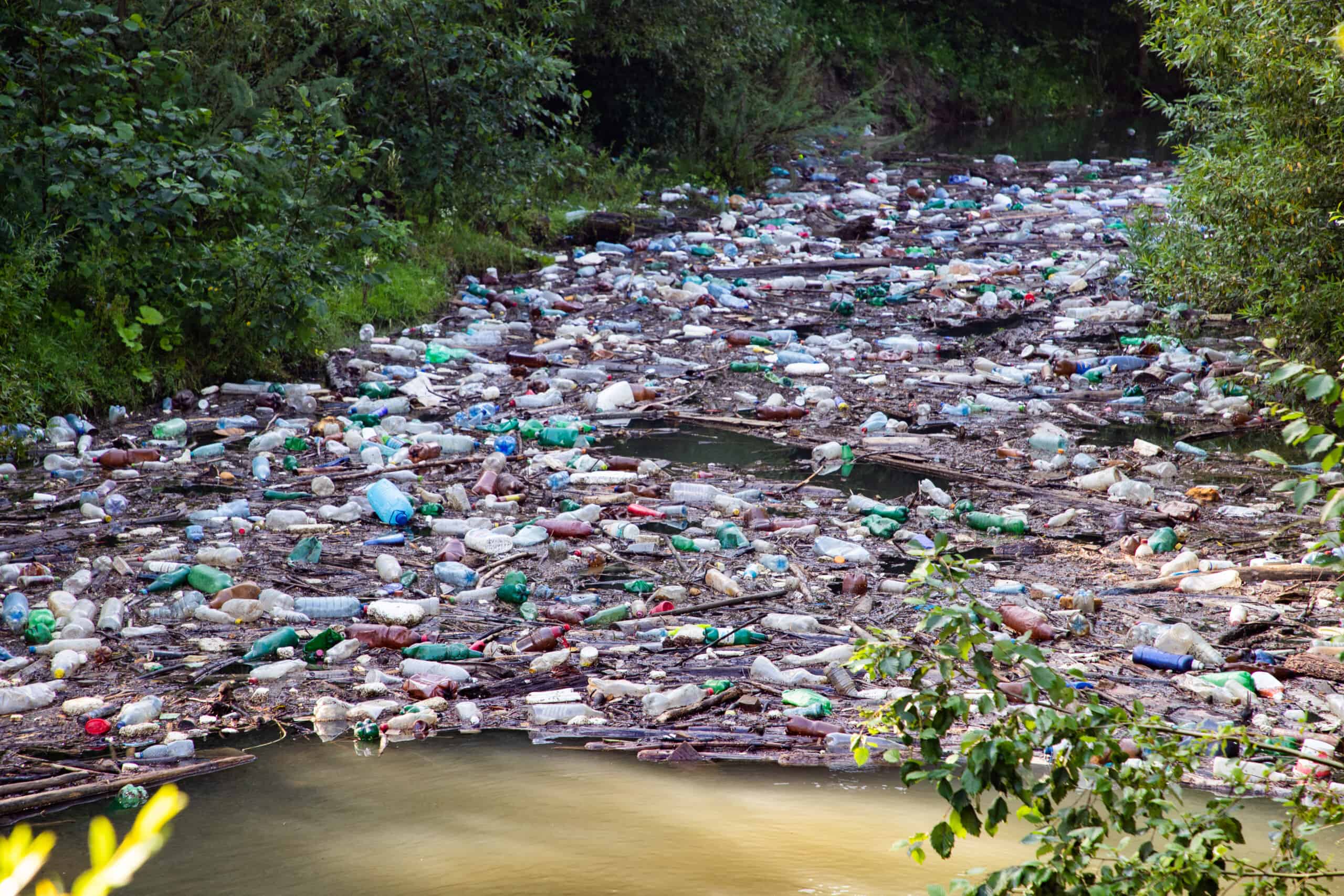
The Industrial Revolution brought about a sequence of events that dramatically changed the planet's trajectory. After centuries of consistency, the days of monarchies, travel on horseback, and buying clothes strictly out of necessity slowly faded into the past. New technologies and the ability to use natural resources to maximize and produce energy made it possible for inventions like the steam engine, electric generators, and the incandescent lightbulb to bring humanity into a new age. In a short span, factories made it possible for clothing to be more accessible to the average person. Trains and then cars became standard methods of transportation. Suddenly, crops could be grown in abundance like never before.
The ability to use the power of energy to make manufacturing goods, transportation, and producing food more efficient eliminated obstacles communities had faced for centuries. Cities grew into the clustered, bustling areas we are familiar with today. Likewise, medications and health improved, and the quality of life for many was greatly enhanced. Parallel to these strides forward came new inventions meant to make our lives easier and solve existing problems.
Plastic is one such invention. Plastic is created with fossil fuels and was invented as a diverse synthetic material that can be used for nearly any product. Its durable, water resistant, made to last, and cheap to produce, making it a popular medium for everything from containers and water bottles to clothes and home decorations.
Unfortunately, using fossil fuels to create energy, goods, and more has proved to have adverse side effects on the environment. In the case of plastic, the fossil fuels used throughout its production release large amounts of CO2 into the atmosphere, increasing the severity of the greenhouse effect and contributing to global warming and climate change. At the same time, most plastics produced worldwide are single-use, meaning they are discarded nearly immediately after they are sold. These plastics are then disposed of in landfills or the ocean, where they can take 400 years to decompose, all the while releasing additional CO2 into the atmosphere, damaging wildlife and exacerbating the already damaging cycle of contamination, human activities, and the environment.
To make matters worse, because plastic takes so long to break down, eventually, tiny little pieces of plastic end up being released into the environment. These are known as microplastics and are too small to be seen with the naked eye. Their effects on the human body have not been well-researched at this time. Yet, they have been detected in commonly eaten fish, drinking water, beer, and even in the air.
While plastic continues to be an ongoing, imminent problem, some nations have begun to take action to reduce its impact. With African countries like Kenya and South Africa leading the way, there is hope for a plastic-free future.
Kenya's strict ban on single-use plastics includes a $40,000 fine for companies that don't comply. In Rwanda, a national ban on non-biodegradable plastic bags was instituted in 2008, and in Cameroon, non-biodegradable plastics were banned entirely in 2014. While implementing and enforcing these laws have been challenging, innovative solutions are being developed to tackle the problem. In 2023, nations like Canada and England announced their own efforts to combat the plastic crisis.
Human activities have a significant impact on the planet. What we dump into our oceans and lakes, what we burn into the air, and what we bury under the ground ends up in the water we drink, the air we breathe, and the food we eat. Ridding the world of toxic waste is paramount for a healthy future.
To learn more about the impact of human activities on the environment and energy resources, visit Resourcefulness.org. Also, discover amazing energy careers and energy-related activities through Smart Energy Education and Watt Watchers. Also Available on Instagram and Facebook!
We'd love to help answer any questions and help you get started! Drop us a line and we'll get back to you as soon as we can.
Watt Watchers of Texas
204 E. Dean Keeton Street, Austin, Texas 78712
contact@watt-watchers.com
Nos encantaría contestarle cualquier pregunta que tenga y ayudarle empezar! Envíenos un mensaje y nos pondremos en contacto con usted lo antes posible.
Watt Watchers de Texas
204 E. Dean Keeton Street, Austin, Texas 78712
contact@watt-watchers.com